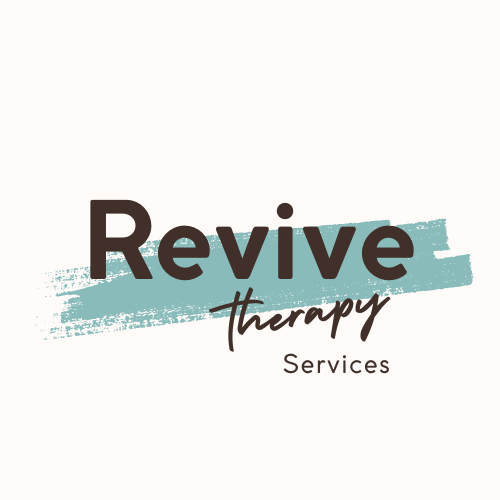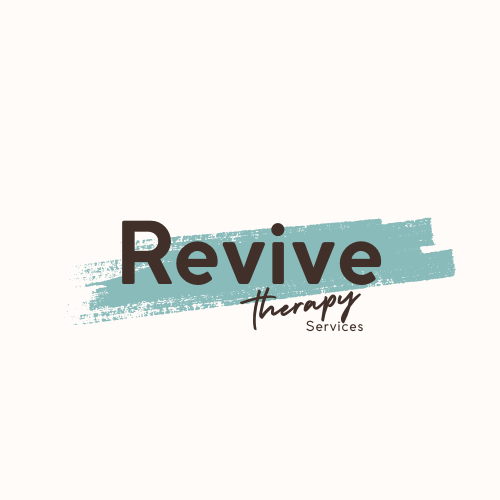The Quiet Battle Within: When Highly Sensitive People Put Themselves Last
In a world that often values resilience over vulnerability, the silent struggle of highly sensitive people (HSPs) can easily go unnoticed. Sensitivity is a gift, that allows individuals to perceive nuances and emotions with unparalleled depth. However, this heightened sensitivity can also make them more prone to experiencing the world in an overwhelming way, leading to a complex interplay of emotions and responses. One common yet often unrecognized trauma response in HSPs is self-abandonment, a process where one neglects their own needs and feelings in order to appease others or conform to societal expectations. This complex phenomenon can manifest in various ways, leaving individuals grappling with the enduring consequences of emotional neglect and internal conflict.
The Origin of Self-Abandonment in Highly Sensitive People
The seeds of self-abandonment in HSPs are often sown in their formative years. Frequently misunderstood or labeled as overly emotional, sensitive children may begin to perceive their innate traits as a burden, leading them to hide or suppress their feelings to avoid rejection or criticism. Consequently, they may develop a tendency to disconnect from their own emotional needs, favoring the desires of others to maintain harmony in their relationships. This pattern can persist into adulthood, shaping their interactions and choices, often at the cost of their own emotional well-being. Self-abandonment can impact anyone anywhere whether you live in Center City, Philadelphia or all the way in Denver, CO.
The Impact on Relationships and Emotional Well-being in Pennsylvania
In relationships, the inclination to self-abandon can lead HSPs to prioritize the needs of their partners, friends, or family members, often at the expense of their own emotional fulfillment. They might find themselves consistently accommodating others' preferences, disregarding their own desires and boundaries, and tolerating behavior that undermines their emotional stability. This tendency to overlook their own needs gradually fosters an internal conflict, triggering a cycle of emotional suppression and self-neglect that can be deeply ingrained and challenging to break.
Coping Mechanisms and the Resulting Isolation in Philadelphia, PA
Furthermore, self-abandonment can manifest as a coping mechanism in the face of overwhelming stimuli and environments. Highly sensitive individuals, acutely attuned to the emotions and energy of those around them, may resort to self-neglect to shield themselves from the intensity of external influences. This self-imposed isolation, while serving as a protective measure, can inadvertently exacerbate feelings of isolation and detachment, leading to a profound sense of disconnection from oneself and others.
Extending to Career Choices and Personal Aspirations
The consequences of self-abandonment can extend beyond the realm of emotional distress, permeating various aspects of life, including career choices and personal aspirations. HSPs, driven by a desire to conform to societal expectations and norms, may suppress their authentic ambitions and talents, choosing paths that align with external validation rather than genuine passion. Consequently, they may find themselves trapped in unfulfilling careers or relationships that erode their sense of self-worth and purpose, perpetuating a cycle of internal turmoil and disillusionment.
Breaking the Cycle and Cultivating Healing in Philadelphia, PA
Breaking the cycle of self-abandonment requires a profound journey of self-discovery and healing. Cultivating self-awareness is a pivotal first step, allowing individuals to recognize and acknowledge their emotional needs and triggers. Embracing vulnerability and authenticity empowers HSPs to communicate their boundaries and preferences assertively, fostering healthier and more meaningful relationships based on mutual respect and understanding.
Practicing Self-Compassion and Seeking Professional Support in Philadelphia, PA
Practicing self-compassion and nurturing a positive self-image are also fundamental in dismantling the deeply ingrained patterns of self-neglect. Learning to prioritize one's emotional well-being without guilt or self-judgment is essential in fostering a sense of self-empowerment and resilience. Engaging in mindfulness practices, such as meditation and journaling, can facilitate a deeper connection with one's emotions, promoting emotional regulation and inner harmony. Seeking professional support, such as therapy or counseling, can provide a safe and nurturing space for HSPs to explore their emotional landscape and develop healthy coping strategies. Through guided therapeutic interventions, individuals can cultivate resilience and self-acceptance, paving the way for a more authentic and fulfilling life journey.
Embracing Authenticity and Reclaiming Self-Agency
The path to healing from the trauma of self-abandonment is multifaceted and requires a compassionate commitment to self-discovery and growth. By acknowledging the profound impact of sensitivity and embracing the richness of their emotional depth, highly sensitive individuals can reclaim their sense of agency and foster authentic connections with themselves and others. In nurturing their innate gifts and honoring their emotional needs, HSPs can cultivate a life defined by authenticity, purpose, and profound self-compassion.
Stop Self-Abandoning with Therapy
Working through issues such as self-abandonment is not an easy feat. For most of us who struggle with self-abandonment, it’s been a pattern that has been ingrained in our system for years. It can be really hard to know how to stop this pattern on your own. This is where getting outside help can be a game changer. A therapist can assist you in seeing certain patterns you wouldn’t be able to identify on your own!
Reach out to Revive Therapy Services
Start working on setting more boundaries to stop self-abandoning!
Other Services at Revive Therapy in Philadelphia
Starting therapy can be a daunting process! You deserve a space to talk through patterns that aren’t serving you anymore. Whether this is your first time in therapy or you’ve been here before, we are beyong excited to help you process, work through, and move toward your goals in a healthy and sustainable way. If you’re looking for other services at Revive Therapy in Pennsylvania, I offer other services. This includes Eating disorder treatment, body image issues, binge eating, and more. We also offer EMDR therapy if you’re in need of more specialized support. Additionally, all services are offered in-person at our office in West Philadelphia or online therapy in Pennsylvania.




